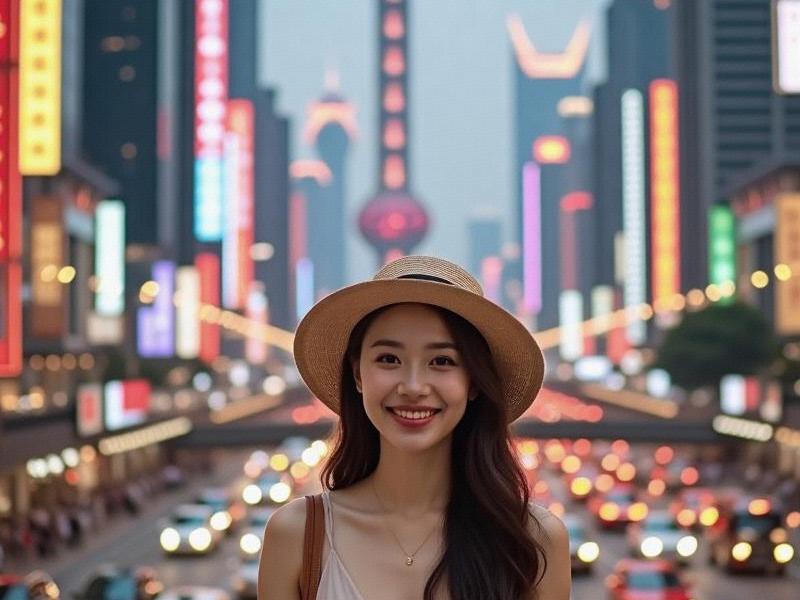This investigative feature delves into Shanghai's sophisticated entertainment club scene, exploring how these establishments serve as social hubs for business elites while reflecting China's evolving leisure economy.

Behind the neon glow of the Bund's skyline lies Shanghai's other after-dark economy - a world of velvet-roped clubs where deals get made over vintage Cognac and private KTV rooms echo with both pop ballads and billion-dollar negotiations. The city's entertainment clubs generated an estimated ¥87 billion ($12 billion) in revenue last year, according to Shanghai Tourism Bureau data, accounting for 23% of China's total nightlife spending.
The Three Tiers of Shanghai's Club Hierarchy
1. Ultra-Luxe Members-Only Clubs
- Located in historical mansions along the Former French Concession
- Annual fees exceeding ¥1 million ($138,000)
- Offer "social capital management" services
- Example: The Roosevelt Club's cigar lounge hosts Fortune 500 CEOs
上海贵族宝贝自荐419
2. Business-Oriented KTV Palaces
- Soundproofed rooms with AI-assisted song selection
- Average spend: ¥8,000-¥50,000 per night ($1,100-$6,900)
- Staffed by university-educated "hostesses" fluent in 3+ languages
- Rising trend: "Clean KTVs" emphasizing tea culture over alcohol
3. Hybrid Lifestyle Spaces
上海夜生活论坛 - Daytime coworking spaces transforming into nightclubs
- Feature blockchain-based membership systems
- Cater to China's young entrepreneurial class
The Changing Face of Entertainment
Post-pandemic, Shanghai's clubs have adopted new norms:
- 78% now use facial recognition for entry
上海品茶论坛 - Digital yuan payments increased 340% since 2023
- "Green entertainment" initiatives reduce waste at premium venues
Cultural commentator Zhang Wei observes: "These clubs aren't just about indulgence - they're the boardrooms of China's informal economy. The real 'Shanghai Circle' business network operates between 10pm and 2am."
Yet challenges persist. Recent crackdowns on extravagant spending by officials have forced clubs to innovate. The successful ones now emphasize "cultural experiences" - blending traditional Chinese aesthetics with cutting-edge technology. At Cloud Nine, patrons enjoy VR-enhanced Peking opera performances between cocktails.
As 32-year-old finance executive Li Jiaqi explains: "Taking clients to a Michelin restaurant is expected. The real connections happen when you sing Jay Chou together at 1am." This unique blend of business and pleasure continues to define Shanghai's position as Asia's after-dark capital.